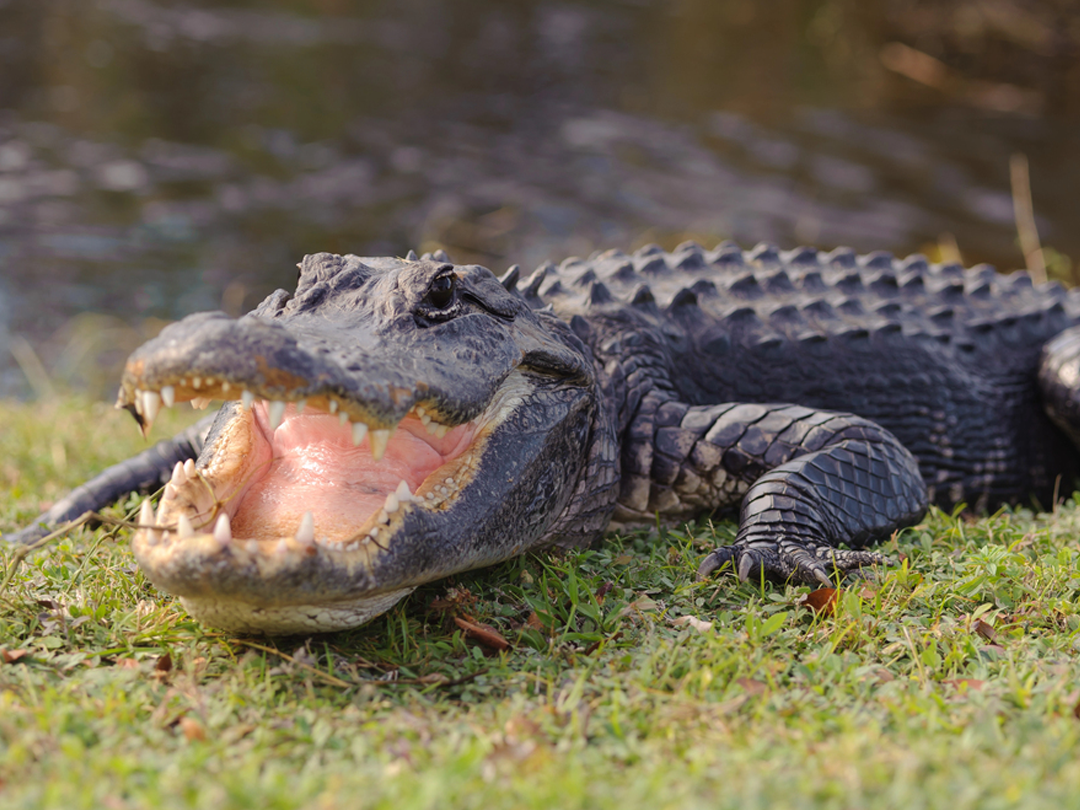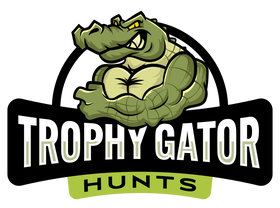6 Florida Alligator Hunting Techniques For Beginners

If you're ready to take on the wild waters of the Sunshine State, understanding the fundamentals of Florida alligator hunting techniques is the first step toward a successful and safe experience.
Hunting alligators isn’t just about strength and bravery. It requires planning, patience, and the right equipment. With clearly defined Florida alligator hunting zones and specific requirements for Florida alligator hunting gear, knowing how to get started can be a bit overwhelming. But with the right guidance, even beginners can have a rewarding hunt.
Florida offers one of the most active and well-regulated alligator hunting programs in the United States. Whether you're navigating the swamps on your own or teaming up with an experienced guide, practicing proven techniques can dramatically improve your chances of bringing home a prized gator.
1. Spot and Stalk by Spotlighting
Spotlighting is the most widely used technique, especially at night when gators are most active. By shining a bright spotlight across the water's surface, hunters look for the unmistakable red glow of a gator's eyes reflecting the light. Once spotted, the hunter slowly maneuvers their boat into position while being careful not to spook the animal.
A silent approach is key here. Trolling motors or airboats allow you to glide through the water with minimal disturbance. Once you’re close enough, the next step involves snagging or harpooning, but it all starts with a steady hand and a sharp eye behind that light.
2. Harpooning for Close Quarters Action
After locating and approaching the alligator, harpooning is a favored method to secure it. The harpoon, typically rigged with a buoy and strong rope, penetrates the gator’s hide and allows the hunter to track and retrieve the animal safely. This method is especially popular in shallower areas where visibility is good and movement is limited.
The challenge lies in the precision of the throw. Getting close without alerting the gator, then landing a solid shot, takes practice, but once the harpoon is set, the real work of wrangling begins.
3. Snatch Hooking for Active Engagement
Snatch hooking involves casting a large, weighted treble hook with a heavy-duty rod and reel into the water and dragging it until it connects with the gator. This is an active and physically demanding method that keeps the hunter engaged from start to finish.
Once the hook is set, it’s a test of endurance and control as you reel the gator to the surface. This technique can be particularly effective in Florida alligator hunting zones with deeper water or where gators are submerged and hard to reach by other methods.
4. Baited Hook and Line for Passive Setup
For private land hunters, baited hook lines provide a legal and effective method for capturing alligators. A sturdy hook baited with meat is suspended from a pole or tree branch over the water and left for the gator to take the bait. These setups must be checked regularly, and once a gator is hooked, it must be dispatched humanely and efficiently.
This method requires less active tracking but emphasizes proper setup and regular monitoring. It's a great introduction for beginners learning the behaviors and tendencies of alligators in the wild.
5. Bang Stick for the Final Dispatch
After the gator is secured using one of the above methods, hunters must use an approved device for dispatching. A bang stick, which is a specialized firearm that fires upon contact, is the most common and effective tool for this purpose. It ensures a quick and humane kill when placed correctly at the base of the skull.
Accuracy and safety are critical here. The bang stick should only be used when the gator is restrained and controlled. This is the final and most serious moment of the hunt, requiring calm focus and respect for the animal.
6. Choose the Right Florida Alligator Hunting Gear
Your gear plays a crucial role in both your effectiveness and safety. Essentials include a powerful spotlight, a heavy-duty rod and reel, harpoons, snares, ropes, and of course, a bang stick or firearm for dispatch. Protective gloves, boots, and clothing are also recommended for handling large, strong animals.
Each Florida alligator hunting zone has slightly different terrain and water conditions, so the gear you use may need to adapt accordingly. Deep lakes, grassy marshes, and muddy rivers all pose unique challenges that require thoughtful preparation.
Get Started with Confidence
Getting started with alligator hunting doesn’t have to be intimidating. These six techniques offer a foundation for safe and legal hunting practices across Florida’s designated zones. The combination of time-tested methods, proper gear, and a respect for wildlife makes all the difference, especially for beginners eager to learn the ropes.
If you’re ready to put your skills into action, we’re here to help. At Trophy Gator Hunts, we offer fully guided Florida alligator hunting experiences tailored for first-timers and seasoned hunters alike. Our team provides the gear, the access, and the expertise you need to succeed.

